Till in the spring?
grovestead
10 years ago
Related Stories

DECORATING GUIDESHot Looks From the Spring 2013 High Point Market
Get an eyeful of some of the colors, textures, materials and more taking a big stand at North Carolina's huge furnishings trade show
Full Story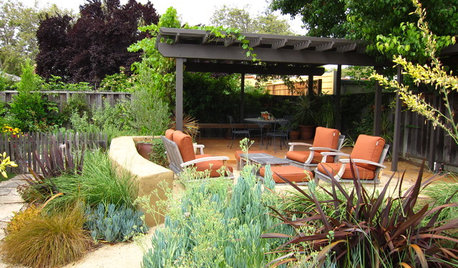
GARDENING GUIDESWhat Are Your Spring Gardening Plans?
Tearing out the lawn? Planting edibles? Starting from scratch? Tell us what you plan to change in your garden this year
Full Story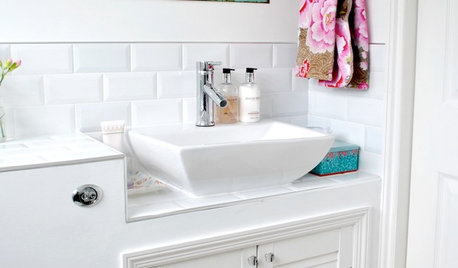
FEEL-GOOD HOME12 Fresh Updates to Get Ready for Spring
As spring approaches, embrace the brighter days with these uplifting changes and additions to your home
Full Story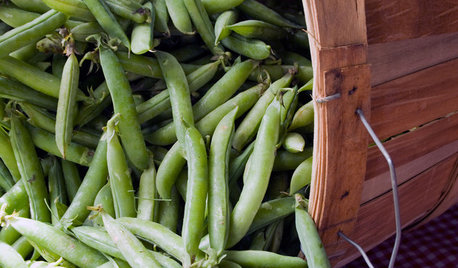
GARDENING GUIDES11 Favorite Edibles for Your Cool-Season Garden
Plant crunchy carrots, crisp radishes, tender peas and other vegetables for fall and spring harvests
Full Story
HOUSEKEEPINGChoose Your Own Spring Cleaning Plan
Instead of trying to do it all, pick one of these six cleaning approaches that’s right for you now
Full Story
HOUSEKEEPING20 Things You Might Be Forgetting to Spring-Clean
Clean these often-neglected areas and your house will look and feel better
Full Story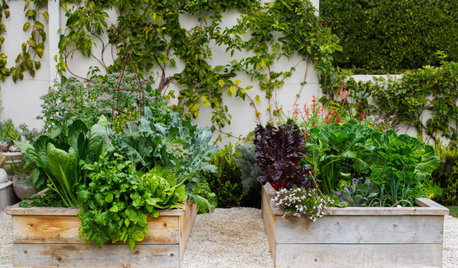
MOST POPULARHow to Start a Cool-Season Vegetable Garden
Late summer and late winter are good times to plan and plant cool-season crops like salad greens, spinach, beets, carrots and peas
Full Story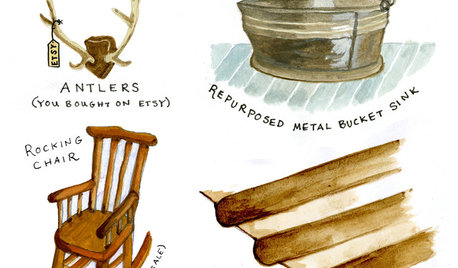
RUSTIC STYLE12 Must-Haves for an Instantly Rustic Home
No need to wait around for just the right hand-me-downs and woodsy finds — with these pieces, you can fake it till you make it
Full Story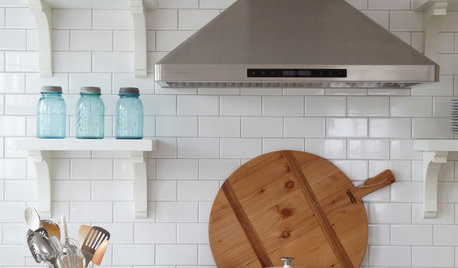
HOUSEKEEPINGMarch Checklist for a Smooth-Running Home
Get a jump on spring by spiffing up surfaces, clearing clutter and getting your warm-weather clothes in shape
Full Story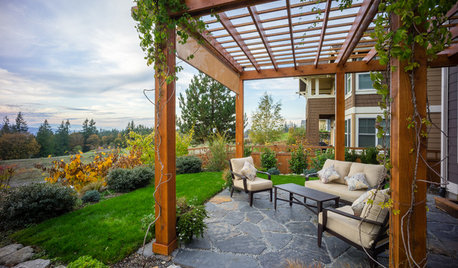
FALL GARDENINGWhy Fall Is the Best Time for Planting
Spring is overrated for planting. Starting plants in autumn has advantages for both garden and gardener
Full Story





wayne_5 zone 6a Central Indiana
digdirt2
Related Professionals
Signal Hill Landscape Architects & Landscape Designers · Arlington Landscape Contractors · Bainbridge Island Landscape Contractors · El Reno Landscape Contractors · Gaithersburg Landscape Contractors · Galveston Landscape Contractors · Long Beach Landscape Contractors · Middle River Landscape Contractors · Mount Kisco Landscape Contractors · National City Landscape Contractors · Salmon Creek Landscape Contractors · Shirley Landscape Contractors · Watertown Landscape Contractors · Hockessin Driveway Installation & Maintenance · Winston-Salem Driveway Installation & Maintenanceltilton
theforgottenone1013 (SE MI zone 5b/6a)
seysonn
djkj
seysonn
grovesteadOriginal Author
Embothrium
wayne_5 zone 6a Central Indiana
elisa_z5
CaraRose
digdirt2
elisa_z5
wayne_5 zone 6a Central Indiana
elisa_z5
digdirt2
seysonn
elisa_z5
digdirt2
elisa_z5
tracydr
tracydr
zeedman Zone 5 Wisconsin